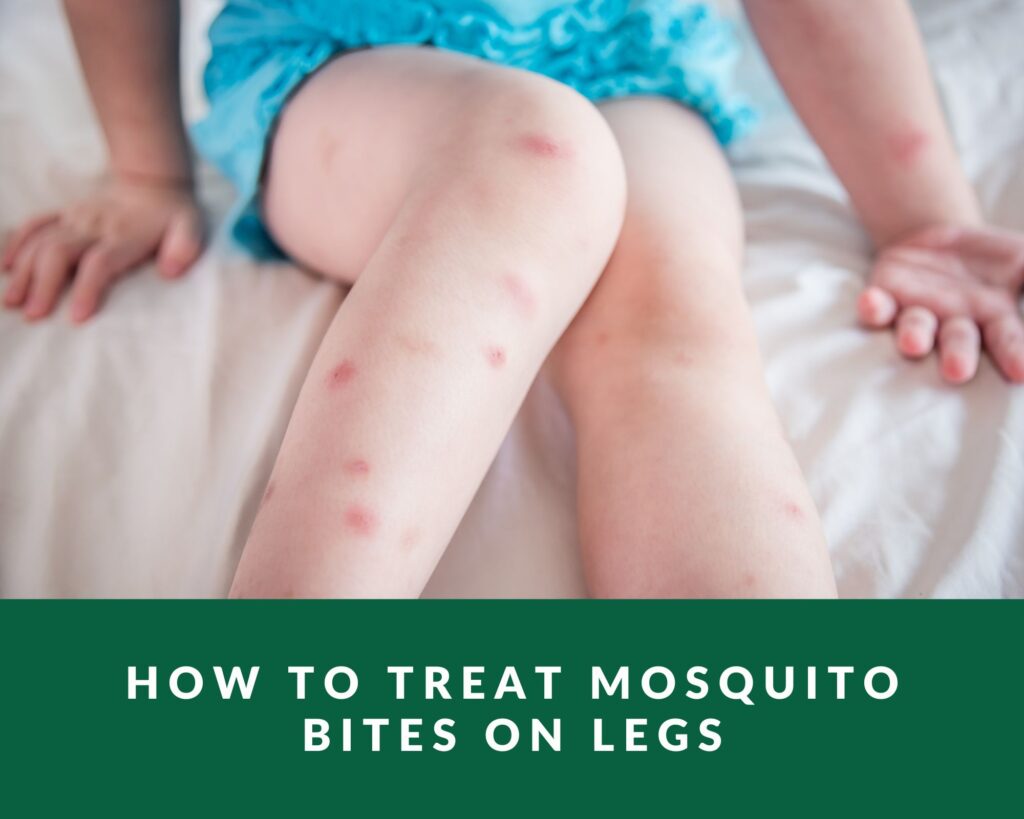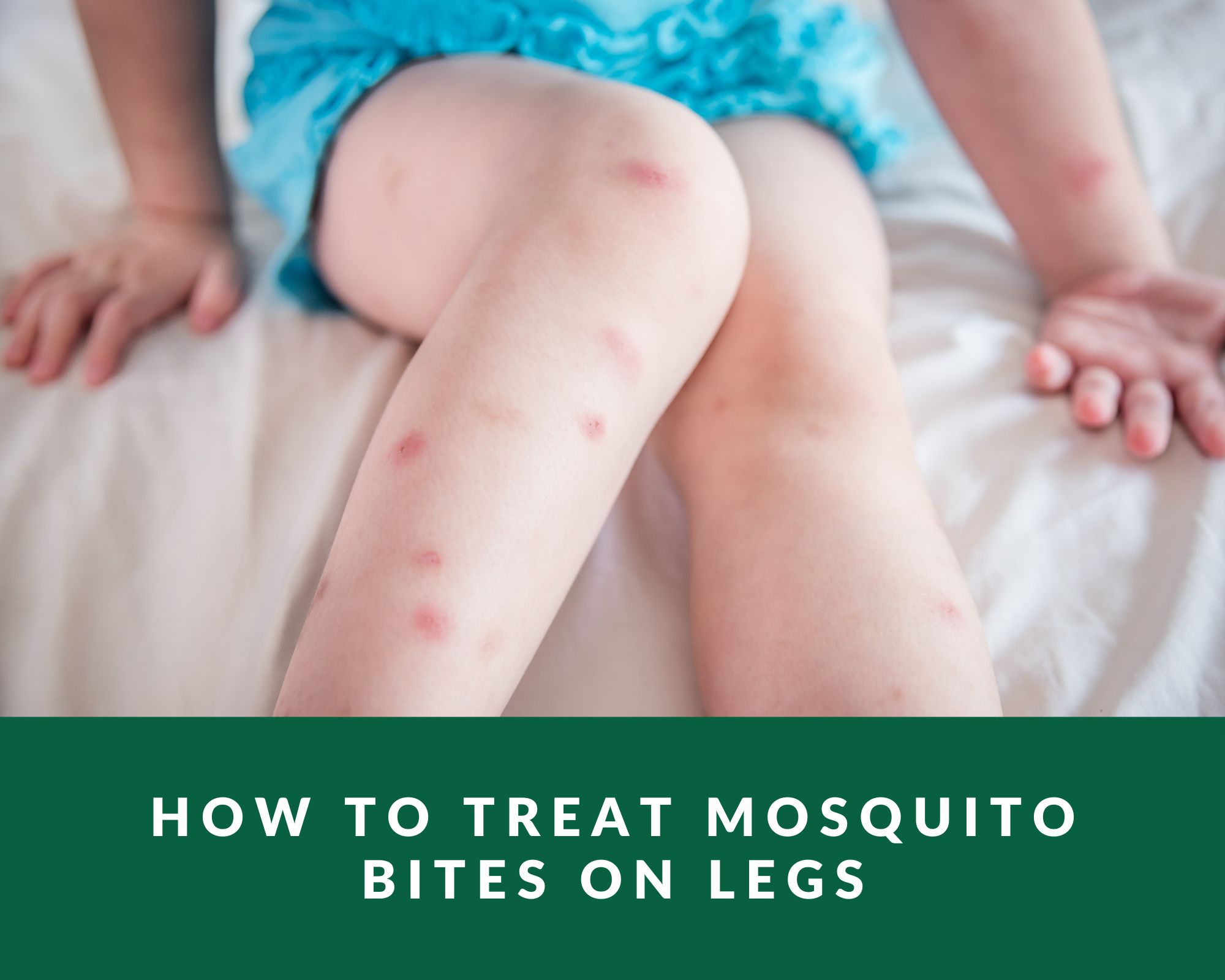
There is no doubt that mosquitoes are one of the deadliest creatures on earth, causing countless fatalities every year. These fluttering parasites are capable of carrying and spreading disease to people. Most of the time, mosquito bites are only an irritating itch that goes away in a day or two. How do you treat mosquito bites on legs?
How to know if you’re allergic to mosquito bites
If you experience any of the following signs, you may be allergic to mosquito bites:
- A somewhat bigger bite (especially if bigger than a quarter)
- an extensive itching area
- Lesions
- Bruises close to the bite
- rashes near the bite
- swelling of the lymphatic system
- Anaphylaxis (swelling of the throat and difficulty breathing) (swelling of the throat and problems breathing)
- You might be having an allergic reaction to mosquito bites if you have the following symptoms:
The majority of mosquito allergy symptoms are characterized by irritation. They can become very dangerous if not handled. A mosquito allergy may produce lymphangitis, an inflammation of the lymphatic system that can result in bacterial blood or skin infections. The recovery process from this disease can take weeks.
Note: Scratching mosquito bites might cause them to get infected. Keep it clean and apply an antibiotic ointment to prevent infection if one tears open. A mosquito bite that is infected may enlarge more and get redder as well.
Why do mosquito prefer to bite on legs
Some types of mosquitoes bite your legs and ankles because they are attracted to the foul smell of bacteria on your feet. Other species may like the head, neck, and arms due to their warmth, the odors your skin gives off, and their proximity to the carbon dioxide your mouth releases.
Treating mosquito bites on legs
Most bites naturally heal themselves. If a severe allergic reaction is brought on by a bite, emergency care may be needed. A mosquito bite typically does not require treatment if you are able to refrain from scratching it and contaminating the wound. If you do feel the need to treat the bite, take these things into consideration:
- Keep the bite clean by washing it with soap and water. You can apply a little bandage if it is bleeding, but this is not always necessary.
- To aid in the bite lesion’s recovery, moisturize your legs.
- For mild bites that are not infected, use hydrocortisone or calamine lotions to assist relieve itching and other symptoms.
- Pay attention to the bite. You might think about taking antihistamines if there’s a swelling-like appearance or a more intense reaction than usual.
Make sure to get medical help if the reaction seems particularly bad and you are upset about it. Even though significant allergic responses are extremely uncommon, you should always exercise caution. The kind and severity of the infections will determine the appropriate course of treatment.
How to clean mosquito bites on legs
Maintaining clean bites is a good thing regardless of how you handle them. Wash the bites lightly using soap and water. To help safeguard your skin’s barrier, put some moisturizer on afterward.
Don’t scratch, of course. In addition to prolonging the irritation, it can also cause skin breaks. As a result, your skin is more likely to become infected, which can leave scars and discolouration. Some of these scars might never fully fade, and healing from them can take months or longer. Keep it moisturized.
Conclusion
Not every mosquito bite results in a scar. You could have black patches or scars if you are allergic to the bite or the region becomes infected. To treat the bite marks, you can pick from the several OTC or at-home therapies mentioned in our previous article.” How to get rid of mosquito bites on legs”.
Post-mosquito bite, it is crucial to monitor for signs of severe allergies or illnesses carried by mosquitoes. If you think there might be any such possibilities, you should see a doctor right away.
Other Related Articles

